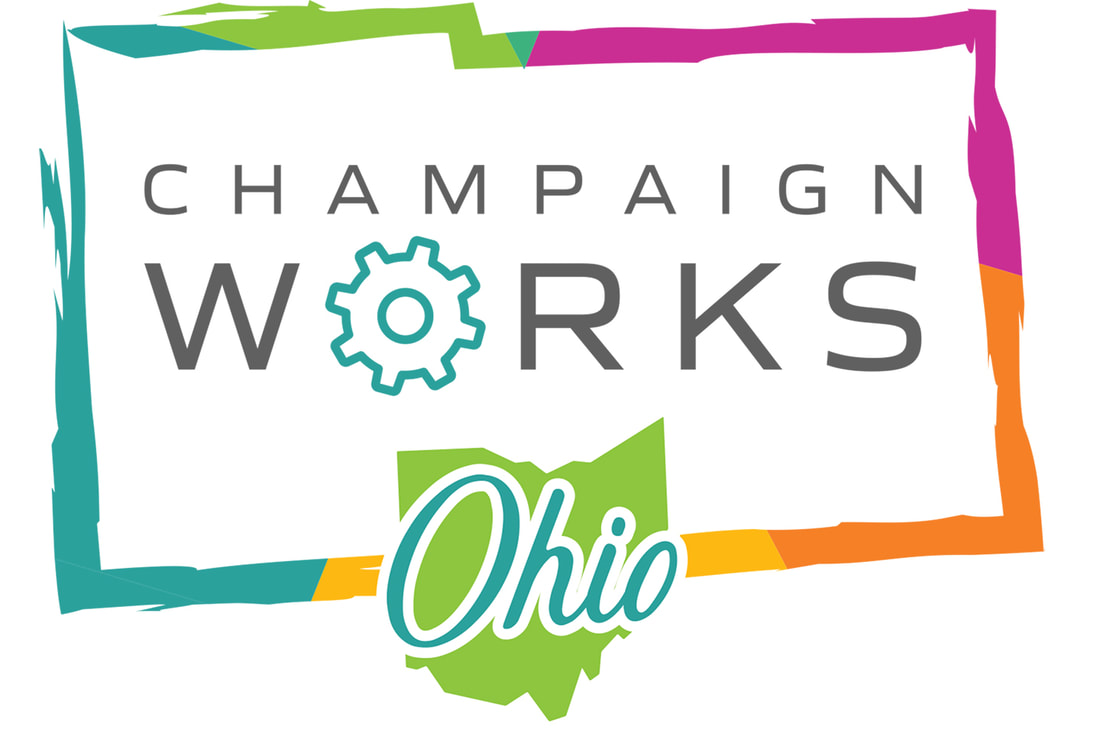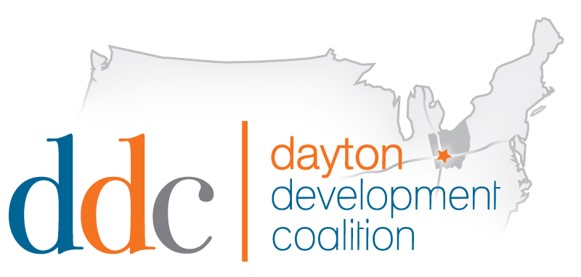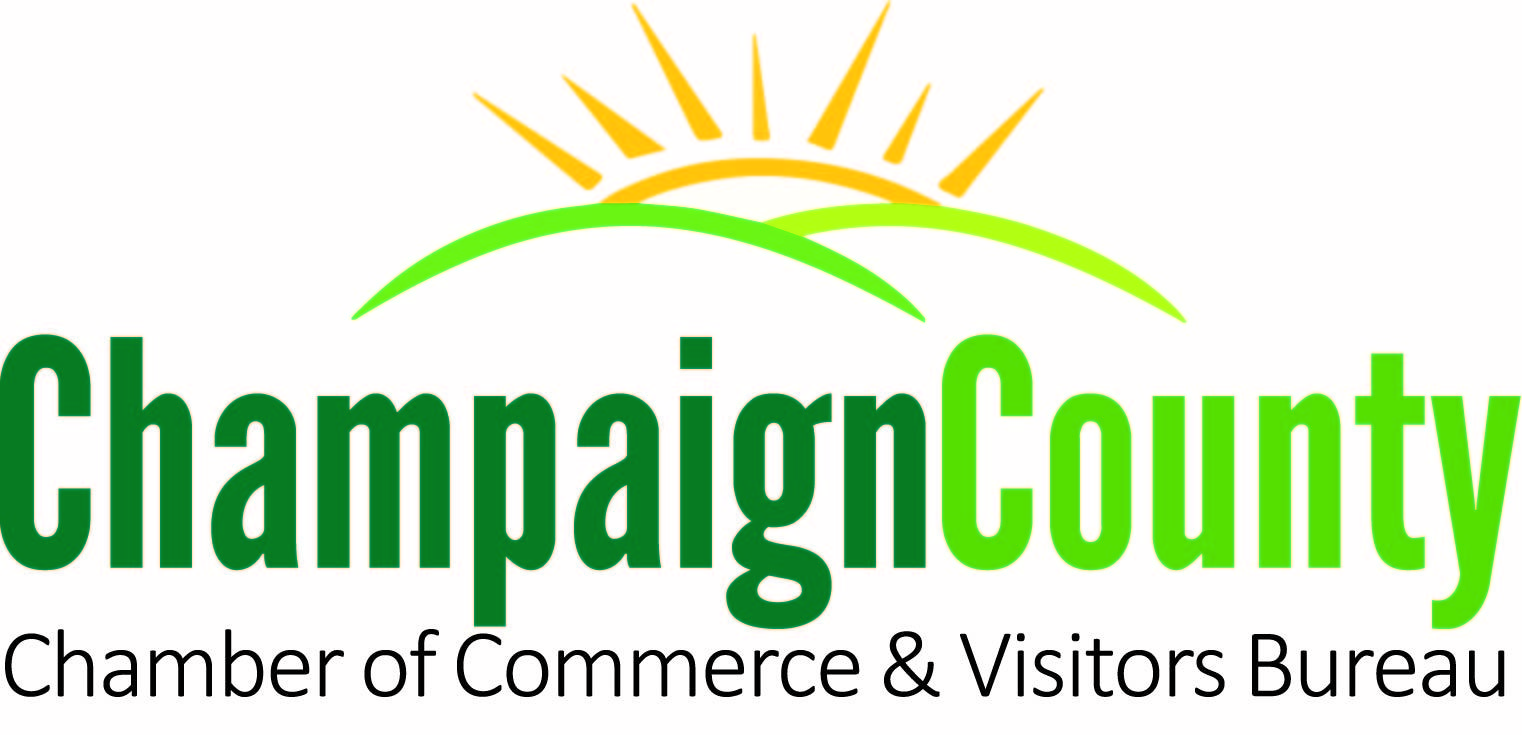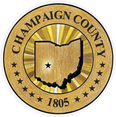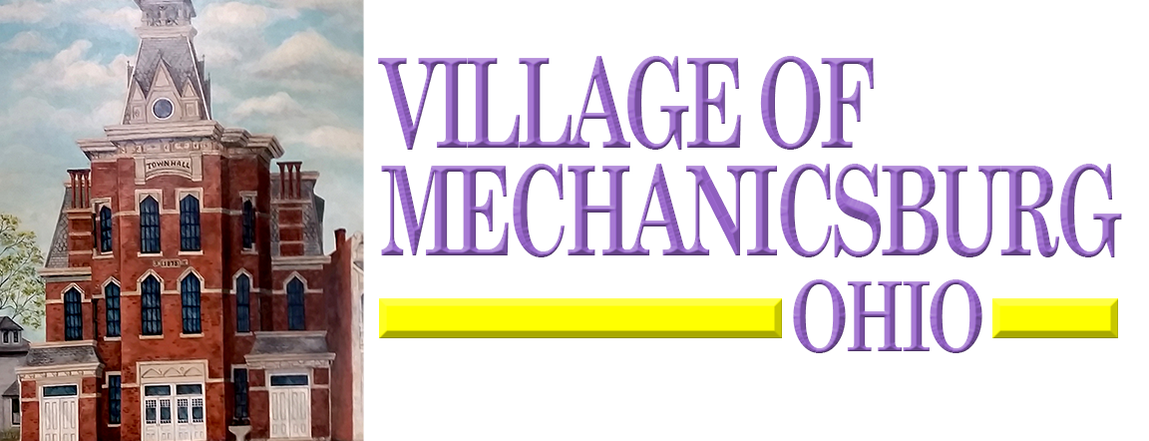This grant provides emergency assistance for eligible venues affected by COVID-19. From US Small Business Administration The Shuttered Venue Operators Grant (SVOG) program was established by the Economic Aid to Hard-Hit Small Businesses, Nonprofits, and Venues Act, and amended by the American Rescue Plan Act. The program includes over $16 billion in grants to shuttered venues, to be administered by SBA’s Office of Disaster Assistance. Eligible applicants may qualify for grants equal to 45% of their gross earned revenue, with the maximum amount available for a single grant award of $10 million. $2 billion is reserved for eligible applications with up to 50 full-time employees. Supplemental documents for applicants
Frequently Asked Questions: The list of FAQs answers common questions about the SVOG program, defines terms, and provides additional guidance. Please refer to and carefully review the FAQs for guidance as you complete the SVOG application. Application Checklist: The Application Checklist is provided to assist you with gathering and preparing the necessary materials (documentation, information, and technology) needed for the SVOG application. Some of these items will be required, and some are examples of items that can be submitted as supporting evidence. The Application Checklist lists materials needed by all applicants as well as applicant-specific information. The application will direct you as you go through the application portal for your specific applicant type. Applicant User Guide: The Applicant User Guide is a tool for technical assistance to guide applicants through the SVOG application portal with step-by-step instructions. Screenshots in the User Guide are for illustration purposes only. Content in the application portal will appear differently for different applicants.
SVOG-specific information about the IRS form 4506-T
Who can apply Eligible entities include:
Other requirements of note:
Grant amount Grant amounts will reflect either of the following instances:
How to apply Those who have suffered the greatest economic loss will be the first applications processed under the following schedule: Note: On January 20, 2021, SBA updated the proposed plan for issuing grants during the first and second priority periods. To clarify, priority awardees will not need to satisfy the small employer set-aside. During the first 59 days of opening SVOG, SBA will reserve no less than $2 billion of program funding for grants to entities that have no more than 50 employees. First priority First 14 days of grant awards Entities that suffered a 90% or greater gross revenue loss between April 2020 through December 2020 due to the COVID-19 pandemic. Second priority Next 14 days of grant awards Entities that suffered a 70% or greater gross revenue loss between April 2020 through December 2020 due to the COVID-19 pandemic. Third priority Beginning 28 days after first and second priority awards are made Entities that suffered a 25% or greater earned revenue loss between one quarter of 2019 and the corresponding quarter of 2020. Supplemental funding Available after all Priority Periods have passed Recipients of first, second, and third priority round awards who suffered a 70% or greater revenue loss for the most recent calendar quarter (as of April 1, 2021, or later). Allowable use of funds Funds may be used for specific expenses, which include:
Grantees may not use award funds to:
Grantee recordkeeping Grantees will be required to maintain documentation demonstrating their compliance with the eligibility and other requirements of the SVOG program. They must retain employment records for four years following their receipt of a grant and retain all other records for three years. Video tutorials Get technical support with the SVOG portal For Shuttered Venue Operators Grant application portal technical assistance such as a password reset, browser suggestions, or how to use the multi-factor authentication with an app and the QR code, applicants can call 1-800-659-2955 or, for the deaf and hard-of-hearing 1-800-877-8339 and follow the prompts to SVOG assistance. The call center is open from 8 a.m.- 8 p.m. ET, 7 days a week. What to expect after you have applied: -Post-application frequently asked questions -SVOG eligibility matrix, including:
How to clear a "Do Not Pay" hold on your application Visit the U.S. Department of the Treasury’s Do Not Pay - Privacy Program, scroll down to “Data Correction Process,” find the row for the match source, and use the Contact Information on the corresponding row to clear any misinformation. The applicant will have 30 days to provide SBA with information that their name has been cleared from the match source. For more detail, see the Post-application FAQs. Information for awardees Program reports and data Those who are selling or renting to beginning farmers would be eligible for tax credits.
Senate, it passed with broad support, a 96-1 vote, in the House. The bill was sponsored by Rep. Susan Manchester, R-84, and Rep. Mary Lightbody, D-19.
HB 95, the Family Farm ReGeneration Act, will authorize tax credits for those who sell or rent farmland, livestock, buildings, or equipment to beginning farmers. It also provides a credit for beginning farmers who attend a financial management program. During her floor speech, Manchester noted that the average age of the U.S. farmer is 58. “By decreasing their tax burden, House Bill 95 incentivizes retiring farmers to recruit beginning farmers to take over their operations,” Manchester said. “This program also sets beginning farmers up for success by giving them an opportunity to learn more about the financial management of a farm operation.” Under the bill, the credit is limited to five years and allows up to $10 million for the total amount of tax credits awarded over those five years. A similar program was implemented in Minnesota in 2018, which has already enabled 162 established farmers to sell or rent land to beginning farmers and allocated $1.4 million in tax credits. During testimony, Bennett and Liza Musselman, part-owners and operators of Musselman Farms in Pickaway County, said, “Farm Service Agency provides opportunities for young and beginning farmers, but the time that it takes from application to loan closing is significantly longer than a traditional loan. “Young farmers have an added obstacle of finding a seller that is willing to wait additional days for a sale to be completed. The passage of HB 95 will give a financial incentive for sellers to work with a young beginning farmer, and thus help level the playing field.” To qualify To qualify, a beginning farmer would have to intend to farm in Ohio, or have been farming in Ohio for less than 10 years, have a household net worth of less than $800,000, provide the majority of the day-to-day labor for and management of the farm, have adequate farming experience or demonstrate adequate knowledge about farming, and participate in a financial management program approved by the Ohio Department of Agriculture. In a statement following the bill’s passage, Amalie Lipstreu, Ohio Ecological Food and Farm Association policy director, said, “Young farmers in Ohio are taking on the risks inherent in farming and working hard to build successful farm businesses. They are also facing significant obstacles that require creative policy solutions. “Access to — and securing tenure on — affordable, high-quality farmland is the No. 1 challenge young farmers are facing. At the same time, millions of acres of farmland are changing hands as older farmers consider retirement and sale of their land. House Bill 95 provides an important bridge between landowners and those seeking land.” The bill has support of the Ohio Farm Bureau, Ohio Ecological Food and Farm Association, Ohio Corn & Wheat Growers Association, and Ohio Soybean Association. Lipstreu added, “The past year illustrated, in stark terms, the vulnerability of our food system. We must take the steps necessary to ensure that those interested in providing what is a paramount service to society — contributing to our food supply — are successful. We call upon the Senate to act by introducing and passing a companion bill in the coming weeks so that this bill is ready for the governor’s signature before the summer recess.” *Survey is now closed*
The Champaign County Commissioners are exploring grant opportunities to improve internet/broadband service. The first step is to collect data to determine the need for improved internet service, and this will be done through a survey. We need your opinion! Please take a moment to complete the survey (at your home), it can be found at: https://www.surveymonkey.com/r/LUCInternet. Please share this information with others in Champaign County. Thank you! |
Archives
February 2024
Categories
All
|
|
CEP Office Location:
40 Monument Square, Suite 306 Urbana, Ohio 43078 937-653-7200 |
All drone photography courtesy of Jassen Dobyns of UAVisions LLC. Additional photography courtesy of Dave Millner of the Champaign Camera Group.
Website by Berry Digital Solutions, LLC Urbana, Ohio |
Click on the logos for more information.
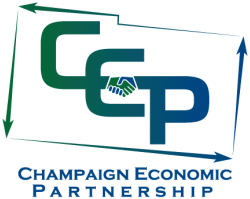
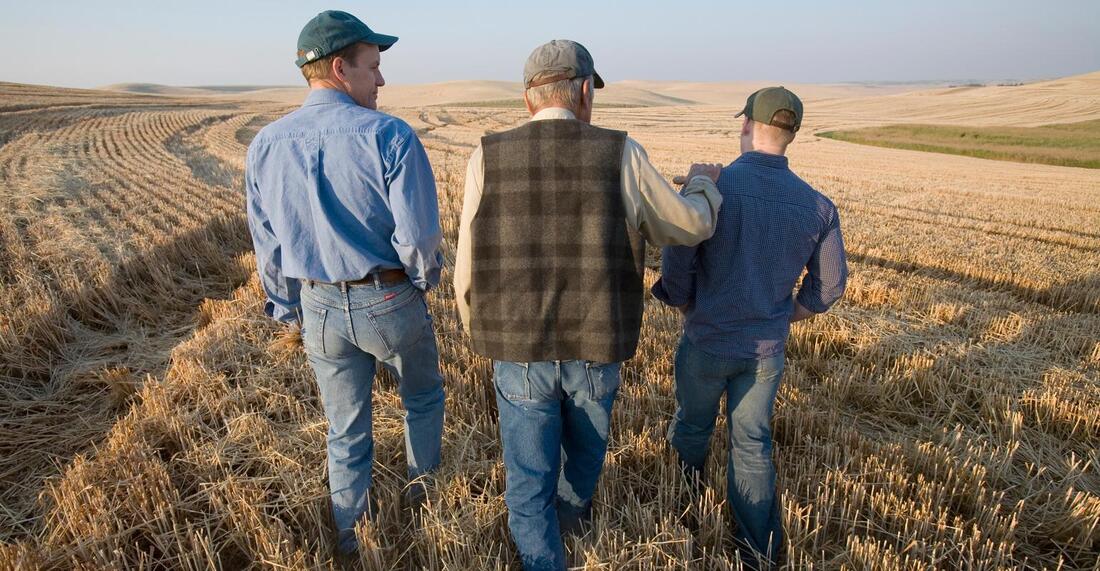
 RSS Feed
RSS Feed

